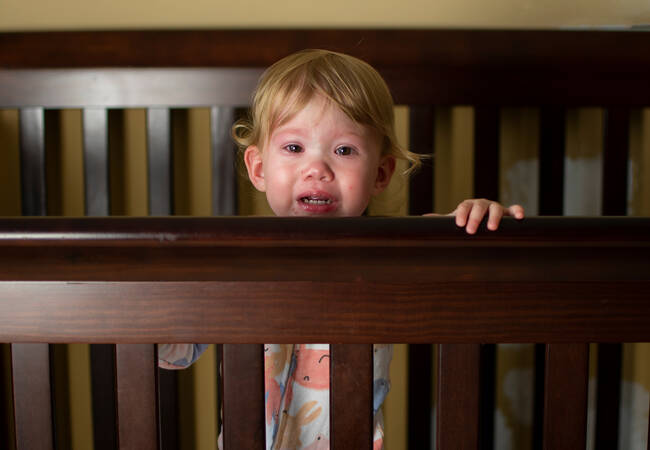- Constipation in children can manifest as hard, small, or less frequent stools.
- Children can be "regular" but still constipated due to withholding stool or not having bowel movements at appropriate times, causing a physiological sensation of constipation.
- Symptoms may be subtle and vague, making it challenging to recognize.
- Behavioral signs include stool withholding, straining, clenching, or changing positions to avoid bowel movements.
- Complications can include abdominal pain, stool leakage (accidents), and social/behavioral issues related to discomfort or embarrassment.
- Causes include diet low in fiber, inadequate hydration, emotional stress, toilet training difficulties, and lack of physical activity.
- Diagnosis relies on history, physical exam, and sometimes further testing if symptoms persist or if red flags exist.
Treatment involves dietary changes (more fiber, fluids), behavioral strategies, and sometimes medication under medical guidance.
Why Regular 'Stooling' Matters
Children can be regular and constipated if they are not "stooling" at the right time or holding their stool.

Amer Al-Nimr, MD, Pediatric Gastroenterology


